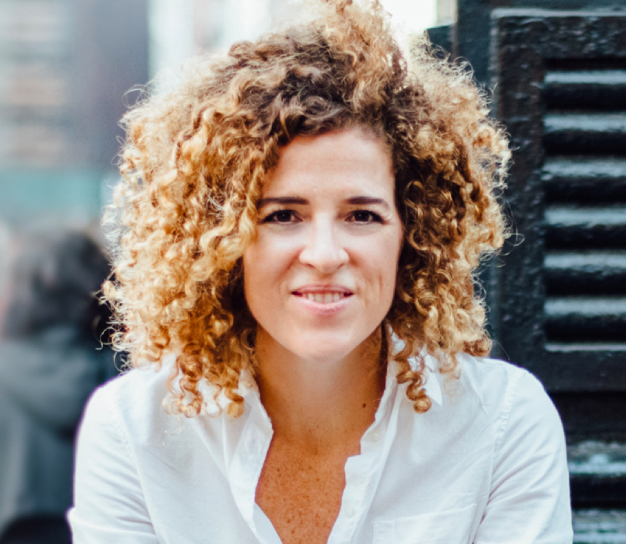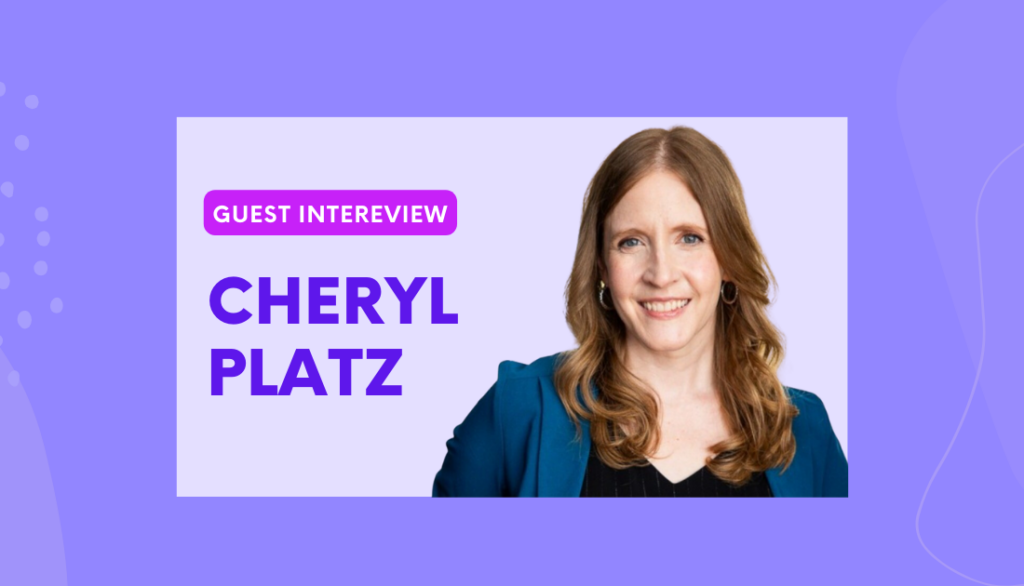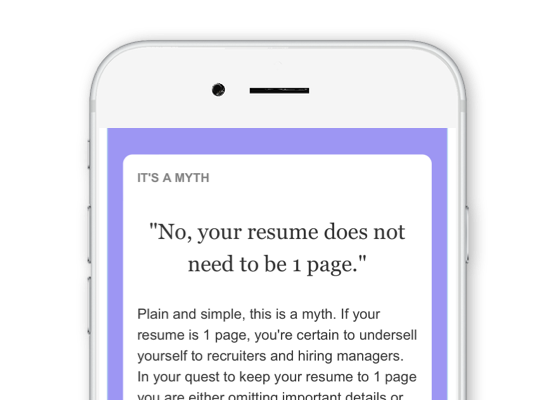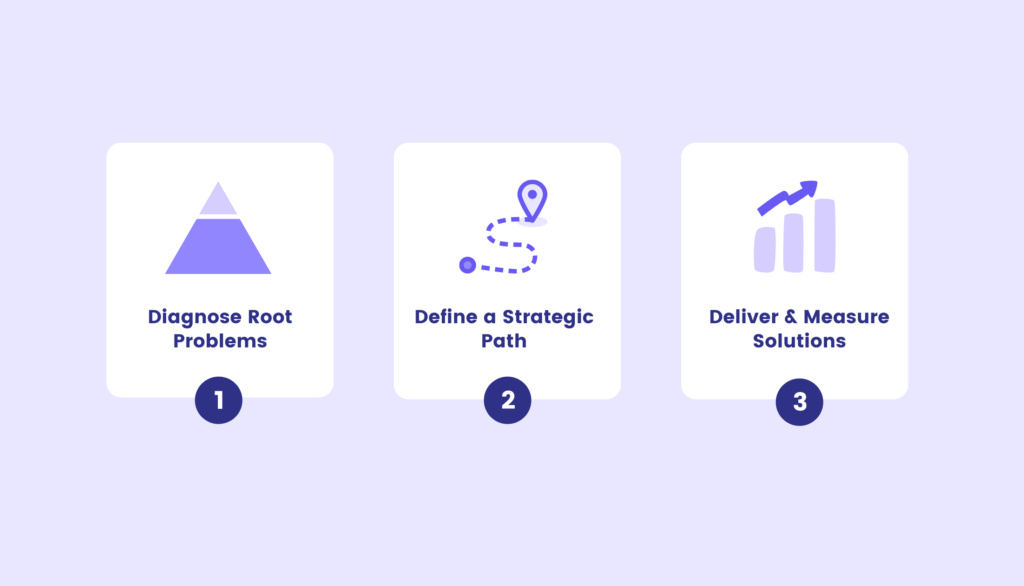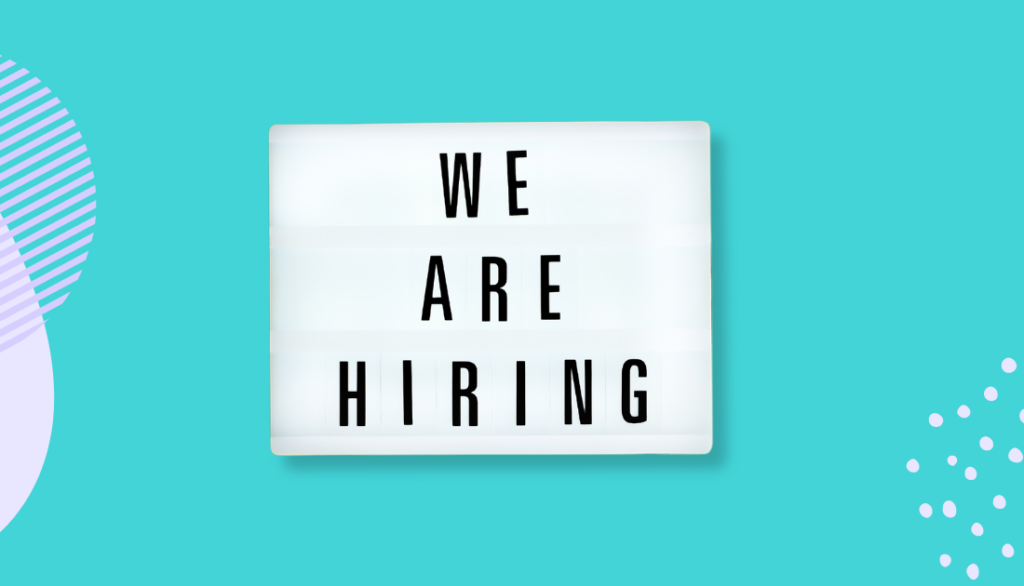Episode 67
A job search hack to help career climbers and switchers get more interviews
6 min listen
Episode 41
6 min listen

Listen to the Episode
Episode Summary
Unlocking a successful career switch can be a challenging task, but it’s not impossible. In this episode of the Career Strategy Podcast, you’ll learn a strategic tip that can revolutionize your job search approach. Rather than casting a wide net and hoping for the best, people switching careers or advancing their careers need to look at a strategic advance they have.
If you already have experience, you may want to focus your job search on industries where you already have experience because this could give you a competitive edge and help you stand out from the crowd. In the episode, you’ll hear examples of how professionals like teachers and nurses can leverage their existing knowledge and skills to break into new fields. For instance, a teacher looking to transition into user research can capitalize on their background in education by exploring opportunities at education technology companies. Similarly, a nurse interested in user experience design can enhance their chances by applying to roles in healthcare-related companies.
Remember, this job search strategy is not about limiting yourself to a single industry forever, but rather using it as an essential stepping stone towards your desired career path. So, if you’re considering a career change, this episode is packed with actionable advice to help you navigate the job market strategically.
Create your dream career, and life
- Book a free Career Strategy Call to learn how we can help you
- Get our free Career Roadmap to help you navigate your career
- Check out Career Strategy Lab, our 3-month career coaching program
Discussion Questions About The Episode
- How can applying strategic thinking to your job search increase your chances of success when switching or changing careers?
- In what ways can leveraging your previous industry experience help you stand out as a candidate when transitioning to a new field?
- Reflecting on the examples given in the podcast, how can professionals utilize their domain expertise to add value to their new career path, even if it's not directly related to their previous industry?
- How can using your current industry as a stepping stone benefit your career switch, and what considerations should you make when deciding on the next step?
- Discuss the importance of domain knowledge and industry experience when transitioning to a new career. How can this give you a competitive edge in your job search and career growth?
Episode Notes & Links
Episode Transcript
Sarah Doody [00:00:00]: Hey there. I’m Sarah Doody, host of the Career Strategy Podcast. Many professionals are seeking more impact, flexibility, growth, and let’s face it, getting paid what they’re worth. But how do you unlock this in your career? It starts with strategy. I’m taking you behind the scenes of what’s working for my career coaching clients. You’ll hear strategies news and actionable, yet sometimes against the grain, advice for how you can be the CEO of your career and stop in Mondays. Ready to level up your career? Let’s get after it. Welcome back to another episode of Career Strategy Podcast.
Sarah Doody [00:00:42]: And today, I have a really strategic tip for anyone that might be switching or changing careers. So If you’re approaching your job search as a career switcher or a changer, you might be tempted to apply to lots and lots of jobs and hope that just somehow the numbers work in your favor. However, this is not the most efficient use of your time and energy because What will likely happen is you’ll end up applying to 20, 50, 75, 100, 200 jobs and potentially not get interviews because there’s a lot of competition. And if you’re switching into a new field you might be up against other people that have more experience in that field than you. So what can you do? Let’s imagine you are a teacher, and you’re switching into the field of user research in the world of product and user experience. So instead of applying to all kinds of junior user researcher roles, It would be really strategic for this teacher to think about what industries could I focus on that I already have experience in. Teaching, education, curriculum design, all of those things could be really great industries or types of companies to focus on. And the idea is that if you apply to a job at an education technology company like Khan Academy, and it’s down to a couple of candidates, you versus someone else, except you have 10 years of experience already working in the field of education, and the other candidate has zero experience in the world of education.
Sarah Doody [00:02:35]: That might give you an edge and help you stand out because you bring that domain or industry knowledge that allows you to hit the ground running, versus that other person would have to get up to speed on details within the World of education, and it’s not just details. It’s just the inherent mindset of a teacher and educator and things like that. And if you come to the table with those skills, you could definitely stand out. Now this strategy works okay. Let’s think of another example. Let’s imagine a nurse who, like the teacher, is getting into the world of user experience, let’s say user experience design. So instead of applying to just tons of job as a junior UX designer, this person could be applying to jobs that are specifically at health care companies. It could be a health insurance company.
Sarah Doody [00:03:32]: It could be a company that creates software for electronic medical records. That would be very valuable because this nurse would bring so much knowledge and expertise that someone who has never Touched a medical software that they use at hospitals. You know, that person would not be able to kinda hit the ground running versus the nurse would instantly be able to jump into a project and have the context, the knowledge, etcetera, that would allow them to maybe add more value more quickly than the person who has never worked in health care, for example. Now this is not meant to say If you are a nurse becoming a user researcher, you’re destined to work at an education company for the rest of your career. Or a nurse switching into product design. You don’t need to work in health care for the rest of your career. You need to think of this as a stepping stone to then go into whatever industry you’re interested in. Or you might realize, you know, even though I kinda got burnt out on teaching, I would still actually like to be in the education world if I cannot be in the classroom, but instead be doing user research, for example.
Sarah Doody [00:04:48]: Same thing with a nurse. So if you are switching careers, think to yourself, even though you might be tired of the industry you’re switching from, Could you potentially use it as a stepping stone and use it to your advantage to get that next job, get your foot in the door of your new industry, and then decide What you wanna do after alright. I hope this tip was helpful. If you’re a career switcher or you have friends that are switching careers, be Sure to share this episode with them. Also, don’t forget. It means so much if you would leave a rating or a review. It only takes one click to give us a star rating, and then if you have time to rate a review, of course, I would appreciate it. But By giving us a star rating, it helps this podcast get in front of other people that could benefit from all of our career tips.
Sarah Doody [00:05:37]: So if you have not rated the podcast yet, hit pause, go give us a star rating, and then if you have time, write a or review. Alright. Have a great rest of your day, and I will talk to you in the next episode. Thanks for listening to the career strategy cast. Make sure to follow me, Sarah Doody, on Twitter, Instagram, YouTube, or LinkedIn. If anything in today’s episode native with you. I’d love to hear about it. Tag me on social media or send me a DM.
Sarah Doody [00:06:08]: And lastly, if you found this episode helpful, I’d really appreciate it If you could share it with a friend or give us a quick rating on Spotify or review on Apple Podcasts.
